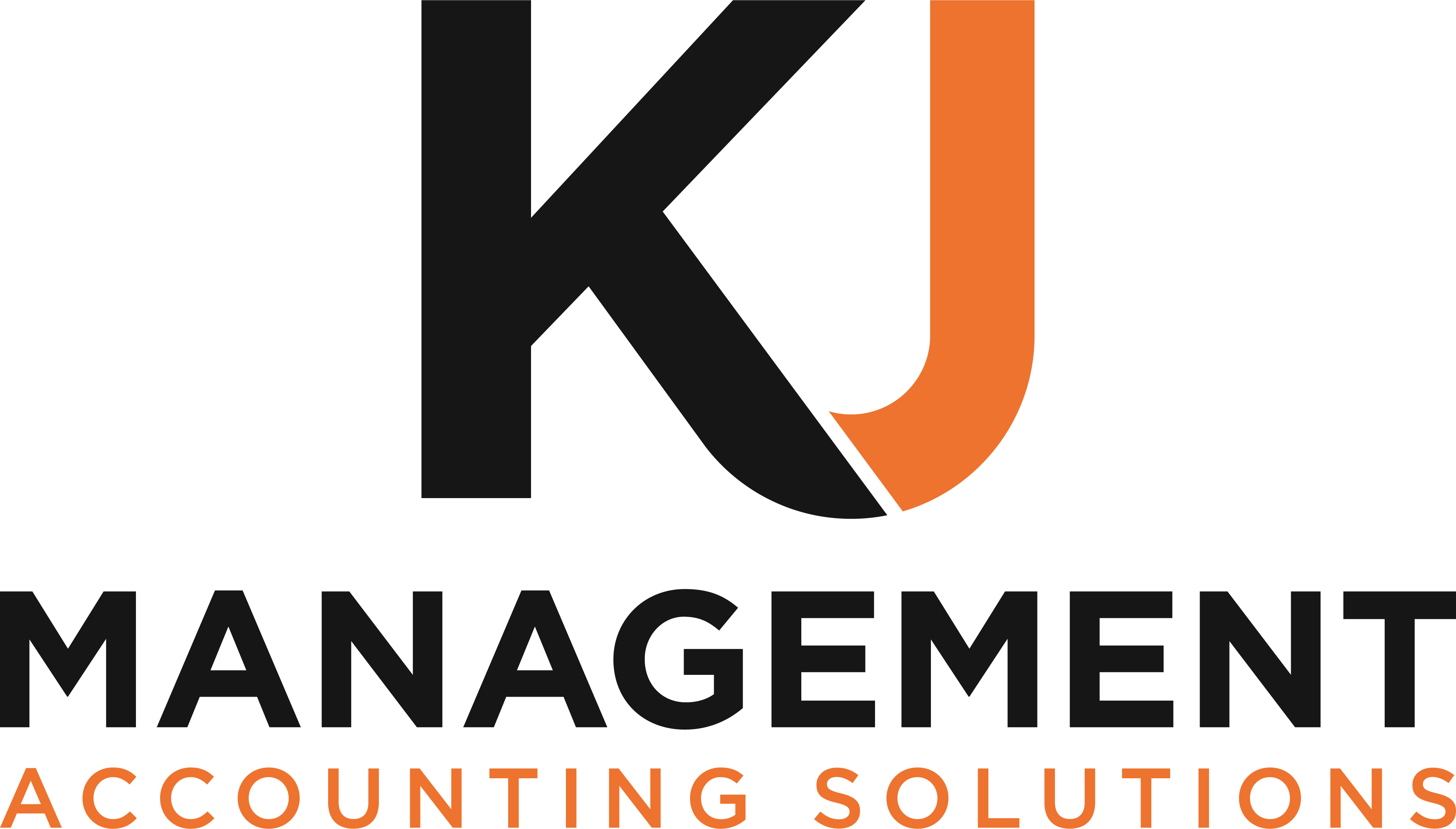Managing business finances can be challenging, especially for small and medium-sized businesses (SMEs). Many companies don’t need a full-time finance director but still require expert financial guidance. This is where a Virtual Financial Controller (VFC) can help.
A Virtual Financial Controller is a finance professional who works remotely to oversee financial management, reporting, budgeting, and cash flow—helping businesses stay financially healthy without hiring an in-house finance director.
What Does a Virtual Financial Controller Do?
A Virtual Financial Controller provides expert financial oversight to help businesses make informed financial decisions. Their role typically includes:
- Financial Reporting – Preparing reports to track business performance.
- Cash Flow Management – Ensuring enough funds are available for operations.
- Budgeting & Forecasting – Planning finances to avoid future risks.
- Profitability Analysis – Identifying ways to improve business profitability.
- Compliance & Tax Support – Helping businesses meet financial regulations.
- Cloud Accounting Setup – Implementing tools like Xero and QuickBooks.
A VFC helps bridge the gap between a bookkeeper and a full-time finance director, providing expert guidance without the cost of hiring in-house.
Benefits of a Virtual Financial Controller for SMEs
- Cost-Effective Financial Expertise- Instead of hiring a full-time finance director, a VFC provides the same expertise at a fraction of the cost.
- Improved Financial Control – A VFC helps businesses understand their finances better, ensuring financial reports are accurate and up to date.
- Better Cash Flow & Planning – One of the biggest challenges for SMEs is cash flow management. A VFC helps businesses avoid financial shortfalls and plan for the future.
- Scalability & Flexibility – A Virtual Financial Controller can adapt to a company’s growth, providing more or less support as needed.
- Compliance & Risk Management – A VFC ensures a business meets tax and financial regulations, reducing the risk of penalties.
Is a Virtual Financial Controller Right for Every Business?
A VFC is most beneficial for businesses that need financial insights but don’t require a full-time finance director. It’s ideal for:
- SMEs looking for better financial control.
- Companies experiencing growth and needing financial planning.
- Business owners who want clear financial reports and cash flow management.
For companies that already have an in-house finance team, a full-time finance director or CFO may be more suitable. However, for SMEs needing expert financial oversight without a permanent hire, a VFC is a cost-effective and valuable option.
Final Thoughts
A Virtual Financial Controller helps businesses manage finances more effectively, offering expert insights without the cost of a full-time hire. By understanding their role and how they differ from accountants, businesses can make informed decisions about their financial management needs.
Would you like to learn more about business finance, cash flow, and financial planning? Explore our Knowledge Hub for more useful insights!


